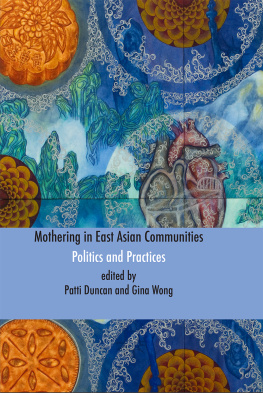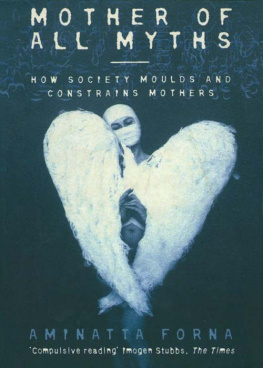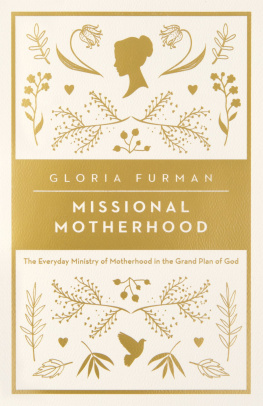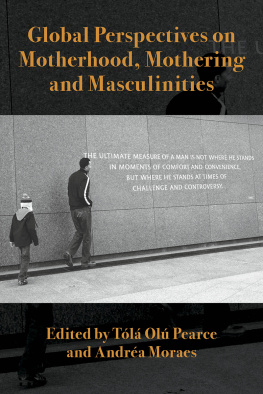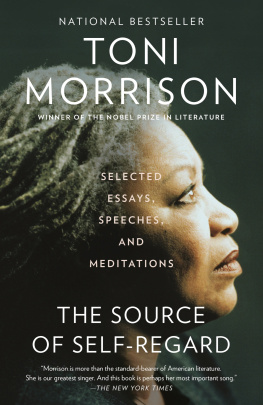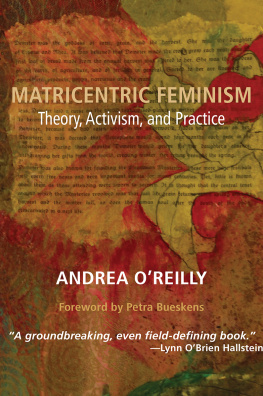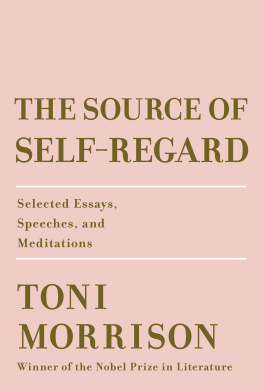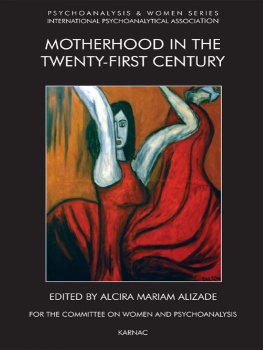Andrea OReilly - Toni Morrison and Motherhood: A Politics of the Heart
Here you can read online Andrea OReilly - Toni Morrison and Motherhood: A Politics of the Heart full text of the book (entire story) in english for free. Download pdf and epub, get meaning, cover and reviews about this ebook. year: 2012, publisher: State University of New York Press, genre: Home and family. Description of the work, (preface) as well as reviews are available. Best literature library LitArk.com created for fans of good reading and offers a wide selection of genres:
Romance novel
Science fiction
Adventure
Detective
Science
History
Home and family
Prose
Art
Politics
Computer
Non-fiction
Religion
Business
Children
Humor
Choose a favorite category and find really read worthwhile books. Enjoy immersion in the world of imagination, feel the emotions of the characters or learn something new for yourself, make an fascinating discovery.

- Book:Toni Morrison and Motherhood: A Politics of the Heart
- Author:
- Publisher:State University of New York Press
- Genre:
- Year:2012
- Rating:5 / 5
- Favourites:Add to favourites
- Your mark:
Toni Morrison and Motherhood: A Politics of the Heart: summary, description and annotation
We offer to read an annotation, description, summary or preface (depends on what the author of the book "Toni Morrison and Motherhood: A Politics of the Heart" wrote himself). If you haven't found the necessary information about the book — write in the comments, we will try to find it.
Mothering is a central issue for feminist theory, and motherhood is also a persistent presence in the work of Toni Morrison. Examining Morrisons novels, essays, speeches, and interviews, Andrea OReilly illustrates how Morrison builds upon black womens experiences of and perspectives on motherhood to develop a view of black motherhood that is, in terms of both maternal identity and role, radically different from motherhood as practiced and prescribed in the dominant culture. Motherhood, in Morrisons view, is fundamentally and profoundly an act of resistance, essential and integral to black womens fight against racism (and sexism) and their ability to achieve well-being for themselves and their culture. The power of motherhood and the empowerment of mothering are what make possible the better world we seek for ourselves and for our children. This, argues OReilly, is Morrisons maternal theorya politics of the heart.
As an advocate of a politics of the heart, OReilly has an acute insight into discerning any threat to the preservation and continuation of traditional African American womanhood and values ... Above all, Toni Morrison and Motherhood, based on Andrea OReillys methodical research on Morrisons works as well as feminist critical resources, proffers a useful basis for understanding Toni Morrisons works. It certainly contributes to exploring in detail Morrisons rich and complex works notable from the perspectives of nurturing and sustaining African American maternal tradition. African American Review
OReilly boldly reconfigures hegemonic western notions of motherhood while maintaining dialogues across cultural differences. Journal of the Association for Research on Mothering
Andrea OReilly examines Morrisons complex presentations of, and theories about, motherhood with admirable rigor and a refusal to simplify, and the result is one of the most penetrating and insightful studies of Morrison yet to appear, a book that will prove invaluable to any scholar, teacher, or reader of Morrison. South Atlantic Review
...it serves as a sort of annotated bibliography of nearly all the major theoretical work on motherhood and on Morrison as an author ... anyone conducting serious study of either Toni Morrison or motherhood, not to mention the combination, should read [this book] ... OReillys exhaustive research, her facility with theories of Anglo-American and Black feminism, and her penetrating analyses of Morrisons works result in a highly useful scholarly read. Literary Mama
By tracing both the metaphor and literal practice of mothering in Morrisons literary world, OReilly conveys Morrisons vision of motherhood as an act of resistance. American Literature
Motherhood is critically important as a recurring theme in Toni Morrisons oeuvre and within black feminist and feminist scholarship. An in-depth analysis of this central concern is necessary in order to explore the complex disjunction between Morrisons interviews, which praise black mothering, and the fiction, which presents mothers in various destructive and self-destructive modes. Kudos to Andrea OReilly for illuminating Morrisons maternal standpoint and helping readers and critics understand this difficult terrain. Toni Morrison and Motherhood is also valuable as a resource that addresses and synthesizes a huge body of secondary literature. Nancy Gerber, author of Portrait of the Mother-Artist: Class and Creativity in Contemporary American Fiction
In addition to presenting a penetrating and original reading of Toni Morrison, OReilly integrates the evolving scholarship on motherhood in dominant and minority cultures in a review that is both a composite of commonalities and a clear representation of differences. Elizabeth Bourque Johnson, University of Minnesota
Andrea OReilly is Associate Professor in the School of Womens Studies at York University and President of the Association for Research on Mothering. She is the author and editor of several books on mothering, including (with Sharon Abbey) Mothers and Daughters: Connection, Empowerment, and Transformation and Mothers and Sons: Feminism, Masculinity, and the Struggle to Raise Our Sons.
Andrea OReilly: author's other books
Who wrote Toni Morrison and Motherhood: A Politics of the Heart? Find out the surname, the name of the author of the book and a list of all author's works by series.

